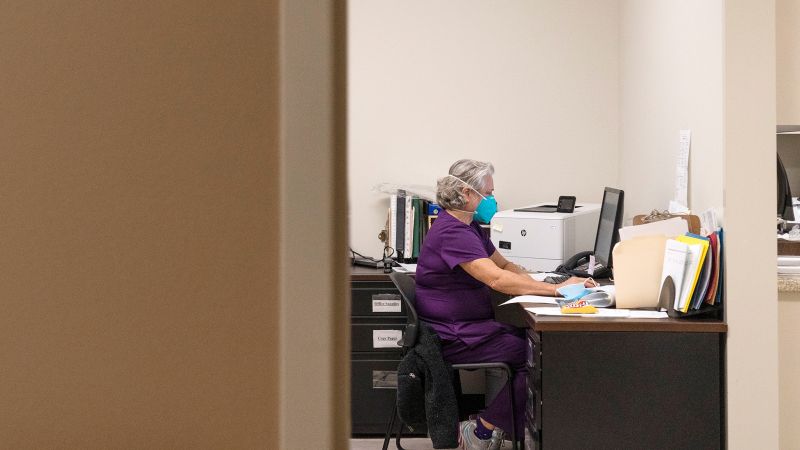
President Donald Trump is set to announce a new initiative to improve Americans’ access to their medical records, a longstanding issue within the healthcare system. On March 15, 2024, Trump will unveil plans that involve approximately 60 major health and technology companies, including prominent players like Microsoft and Oracle, who will commit to developing better methods for sharing patient data across the fragmented U.S. healthcare landscape.
During a speech at the White House, Trump is expected to highlight a voluntary framework that these companies will sign, aimed at enhancing patient access to their own health information. However, the timeline for achieving these ambitious goals remains uncertain, raising questions about how effectively the administration will enforce this nonbinding commitment.
Concerns around privacy are already surfacing as advocates warn that increased access to sensitive health data could compromise its security. The Centers for Medicare and Medicaid Services (CMS), responsible for overseeing major federal health programs, declined to provide further details but indicated that the initiative seeks to create a “smarter, more secure and more personalized healthcare system.” CMS spokesperson Catherine Howden stated that the aim is to improve patient outcomes, reduce burdens on providers, and drive value through private sector innovation.
Challenges and Previous Efforts
This latest initiative is part of a long history of attempts by federal administrations to enhance patient access to health records. Traditionally, transferring health data between providers has been cumbersome, leading to inefficiencies in patient care. The involvement of Silicon Valley could offer a new dimension, as tech companies have heavily invested in consumer health, wellness, and artificial intelligence startups. These investments stand to gain from streamlined access to health data, allowing users to download and direct their information to preferred applications.
The initiative follows a request for input issued by the Department of Health and Human Services (HHS) just two and a half months prior, seeking advice from health and technology companies on improving the nation’s digital health ecosystem. This focus on collaboration with the private sector marks a departure from previous government-led approaches, which have often stalled amid technical and privacy challenges.
Private Sector Collaboration and Privacy Concerns
The approach mirrors other health initiatives pursued by the Trump administration, such as encouraging food companies to voluntarily eliminate artificial dyes and urging insurers to reform the prior authorization process that often delays patient care. Yet, the success of this new effort depends on the ability of competing organizations within the healthcare and technology sectors to collaborate on intricate details with broad implications.
Previous attempts to enhance health record access have raised alarms among privacy advocates and certain sectors of the health industry. There are fears that making it easier for patients to share their records could undermine federal privacy protections, potentially exposing sensitive information to entities with inadequate security measures. This scenario could also create opportunities for exploitation by those with malicious intent, who may seek to profit from the sale of private health data.
As Trump prepares to launch this initiative, the focus will be on whether the private sector can effectively navigate these complexities while addressing the critical need for improved patient access to their own health information. The outcome of this endeavor could have significant implications for both healthcare delivery and patient privacy in the United States.







